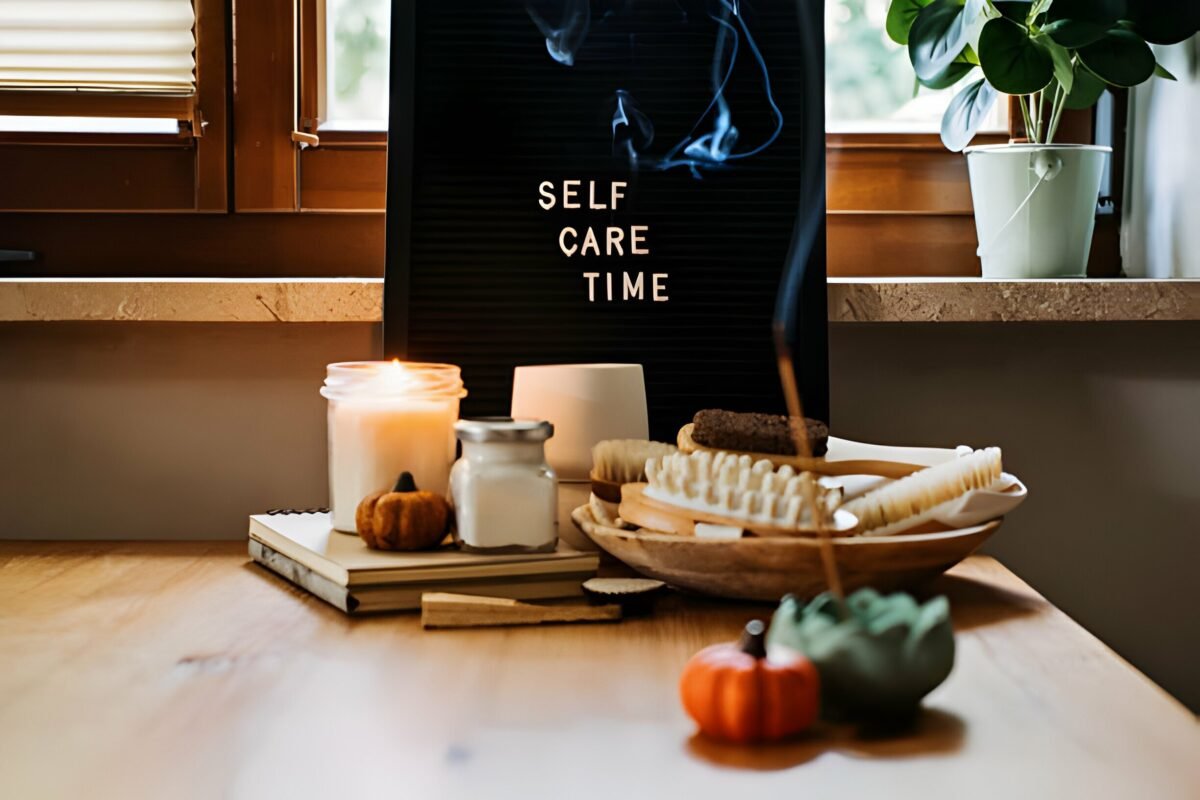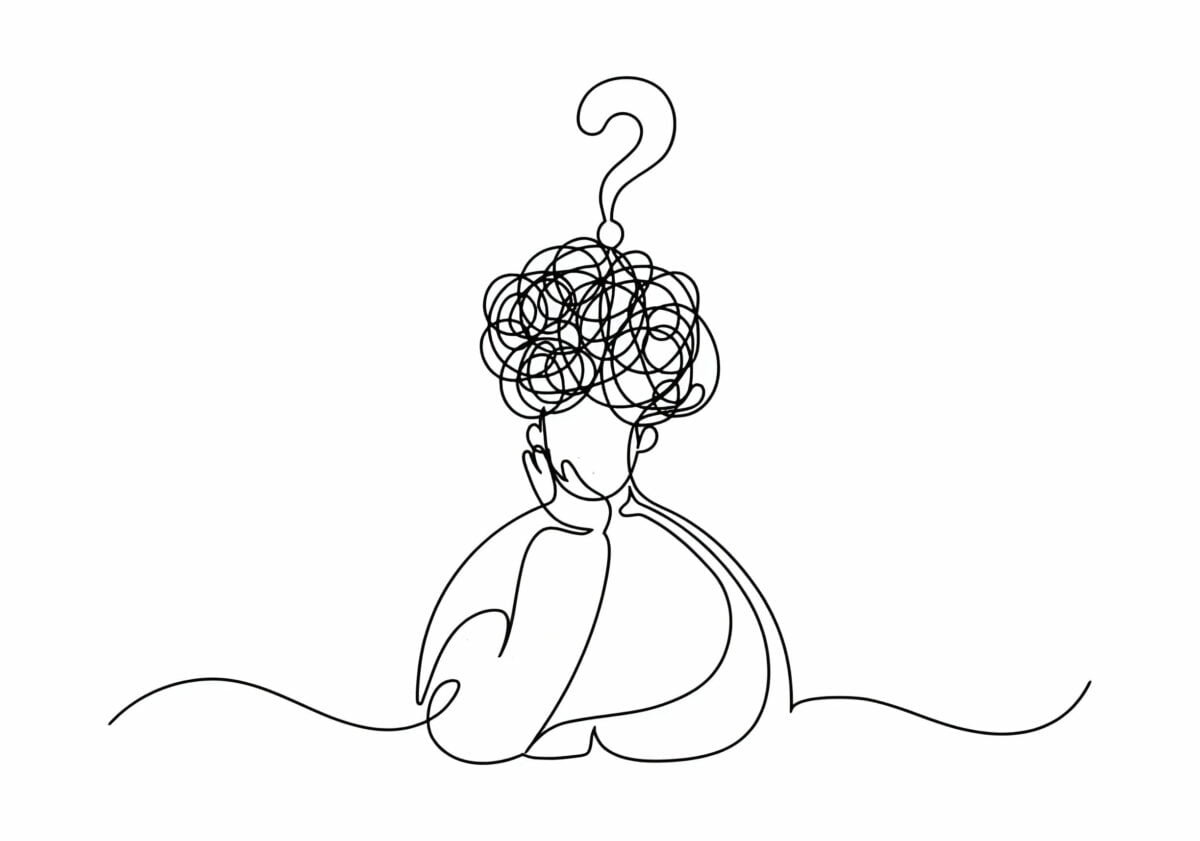In the fight against depression, having a regular self-care routine for depression is crucial. It’s not just about doing nice things for yourself but about staying strong. Studies show that about 9 out of 10 people with depression find self-care helpful. These routines are like anchors when life feels rough, giving comfort and stability when things are tough. They are ways to stay strong, helping people take charge of their own well-being. In the midst of depression, self-care becomes really important, a way to show yourself some kindness. By making self-care a priority, people can start to feel better, one small step at a time. So let’s find out more about self-care routine for depression for better understanding.
Self-Care Routine For Depression
Prioritize Sleep
Sleep plays a crucial role in managing depression. Lack of sleep can exacerbate symptoms and negatively impact mood. It is important to establish a consistent sleep schedule, aiming for 7-9 hours of quality sleep each night. Creating a relaxing bedtime routine, such as dimming lights and avoiding stimulating activities, can signal to the body that it is time to wind down. Additionally, maintaining a comfortable sleep environment with a supportive mattress and pillows can promote better sleep quality.

Maintain a Balanced Diet
Nutrition has a direct impact on brain function and mood regulation- and is a priority when it comes to self-care routine for depression. Consuming a diet rich in nutrient-dense foods, such as fruits, vegetables, whole grains, and lean proteins, provides the body with essential vitamins and minerals needed for optimal mental health. Omega-3 fatty acids found in fatty fish, flaxseeds, and walnuts have been shown to have mood-stabilizing effects. Avoiding processed foods high in sugar and artificial ingredients can help stabilize blood sugar levels and prevent mood fluctuations.
Engage in Physical Activity
Regular exercise has been proven to be an effective way to alleviate symptoms of depression. Exercise stimulates the release of endorphins, neurotransmitters that promote feelings of happiness and well-being. Aim for at least 30 minutes of moderate exercise most days of the week, such as brisk walking, jogging, swimming, or cycling. Find activities that you enjoy and incorporate them into your daily routine to make exercise a sustainable habit.

Practice Mindfulness and Relaxation Techniques
Mindfulness meditation and relaxation exercises can help calm the mind and reduce stress levels. These practices involve bringing awareness to the present moment without judgment, allowing individuals to observe their thoughts and emotions without becoming overwhelmed by them. Deep breathing exercises, progressive muscle relaxation, and guided imagery are simple techniques that can be practiced anywhere, anytime. Regular practice of mindfulness and relaxation techniques can improve mood, increase resilience to stress, and enhance overall well-being.
Establish Supportive Relationships
Social support is essential for managing depression. Spending time with supportive friends, family members, or support groups provides emotional validation and encouragement during difficult times. It is important to communicate openly about feelings and seek support when needed. Building and maintaining meaningful connections with others can foster a sense of belonging and reduce feelings of isolation. Reach out to trusted individuals in your life and prioritize nurturing relationships that uplift and support your mental health journey.
Set Realistic Goals
Setting realistic goals is important for managing depression effectively, and is considered a viable option when it comes to self-care routine for depression. It’s essential to break larger tasks into smaller, more manageable steps to prevent feelings of overwhelm. Start by identifying specific, achievable goals that align with your values and priorities. Break down each goal into actionable steps and create a timeline for completion. Celebrate small victories along the way and acknowledge progress, no matter how minor. Adjust goals as needed based on changing circumstances and priorities. By setting realistic goals, individuals can increase motivation, build self-confidence, and maintain a sense of direction and purpose.
Limit Stressors
Identifying and minimizing sources of stress is crucial for managing depression. Start by identifying triggers that contribute to feelings of stress and overwhelm. Common stressors may include work, relationships, finances, or health concerns. Practice effective time management techniques, such as prioritizing tasks and delegating responsibilities. Learn to say no to commitments that are not essential or may exacerbate stress levels. Establish healthy boundaries with others to protect your physical and emotional well-being. Engage in stress-reducing activities such as mindfulness meditation, deep breathing exercises, or hobbies that bring joy and relaxation. By limiting stressors and practicing stress management techniques, individuals can reduce the impact of stress on their mental health and overall well-being.
Practice Gratitude
Practicing gratitude involves intentionally focusing on the positive aspects of life and expressing appreciation for the people, experiences, and blessings that bring joy and fulfillment. Keeping a gratitude journal and writing down three things you are grateful for each day can help shift your mindset towards positivity and cultivate a sense of appreciation. Take time to reflect on the small moments of joy and beauty in your life, such as a sunset, a kind gesture from a friend, or a delicious meal. Express gratitude to others through acts of kindness, compliments, or simply saying thank you. By practicing gratitude regularly, individuals can reframe negative thought patterns, increase resilience, and foster a greater sense of happiness and well-being.
Seek Professional Help
Seeking professional help is essential for managing depression, especially in cases of severe or persistent symptoms. Mental health professionals, such as therapists, psychologists, or psychiatrists, are trained to assess, diagnose, and treat depression using evidence-based approaches. Therapy, such as cognitive-behavioral therapy (CBT) or interpersonal therapy (IPT), can help individuals identify and challenge negative thought patterns, learn coping skills, and improve communication and problem-solving skills.
Medication may also be prescribed in conjunction with therapy to alleviate symptoms of depression. It’s important to find a qualified and experienced mental health professional who specializes in treating depression and to be open and honest about your symptoms and concerns. By seeking professional help, individuals can receive the support and guidance they need to effectively manage their depression and improve their overall quality of life.
Practice Self-Compassion
Practicing self-compassion involves treating oneself with kindness, understanding, and acceptance, especially during difficult times. It’s important to recognize that everyone experiences setbacks and challenges, and it’s okay to not be perfect. Practice self-compassion by speaking to yourself with the same kindness and encouragement you would offer to a friend facing similar struggles.
Be gentle with yourself and acknowledge your efforts and accomplishments, no matter how small. Practice self-care activities that nourish your body, mind, and soul, such as taking a warm bath, reading a book, or going for a nature walk. By practicing self-compassion, individuals can cultivate a greater sense of self-worth, resilience, and inner peace, which are essential for managing depression and building emotional well-being.
Conclusion
Implementing a structured self-care routine for depression is essential for managing mental health issues effectively. By prioritizing sleep, maintaining a balanced diet, and engaging in physical activity, individuals can empower themselves to cope with depressive symptoms. Practicing mindfulness and nurturing supportive relationships are also crucial elements of this routine. Setting realistic goals and limiting stressors further contribute to improving overall quality of life.





